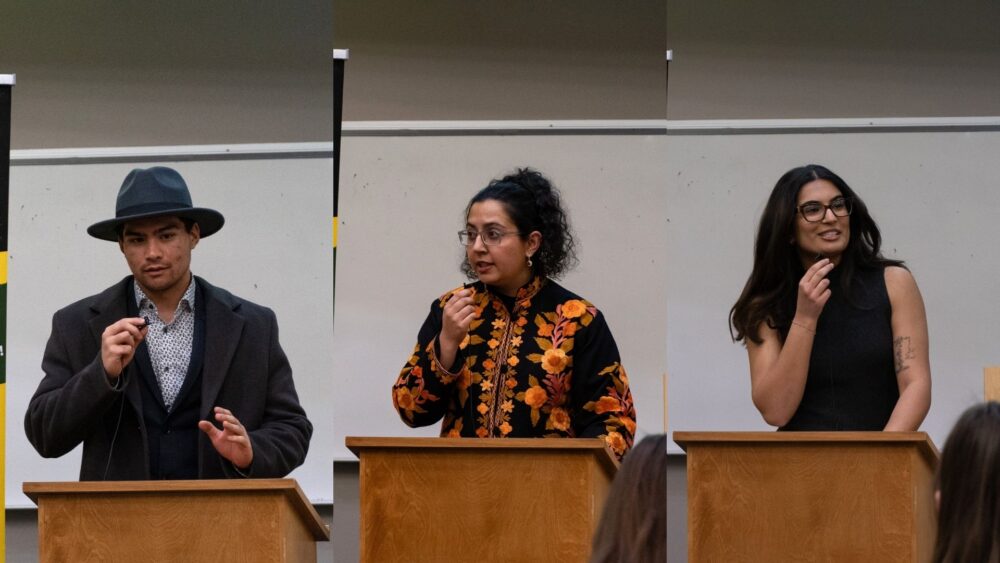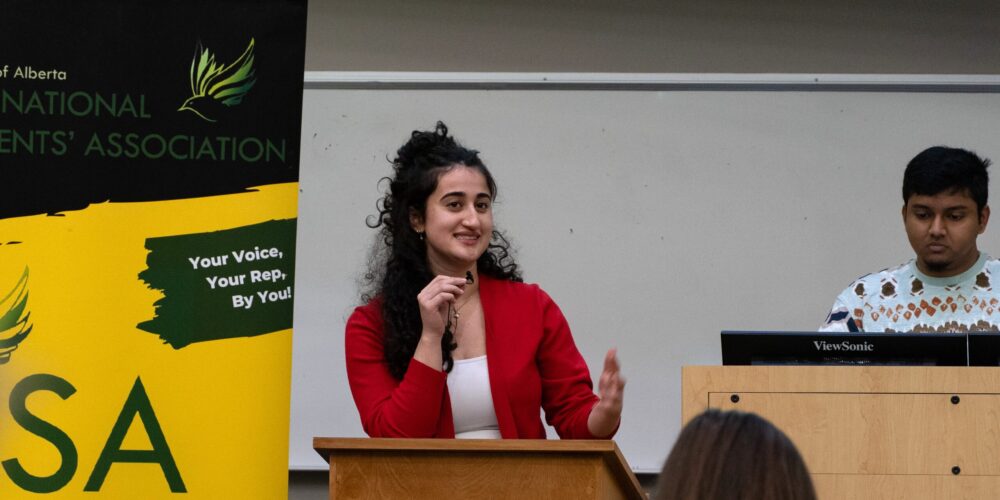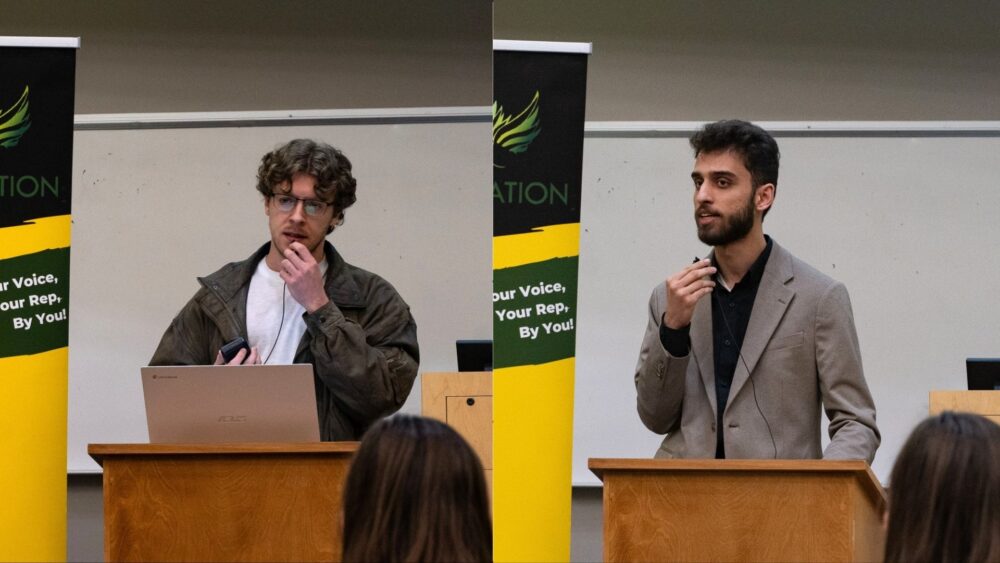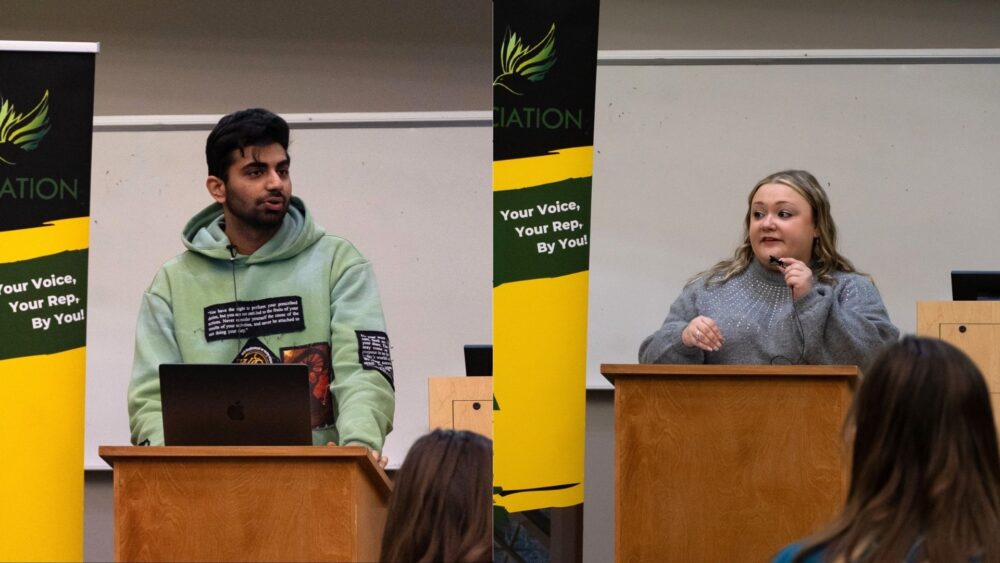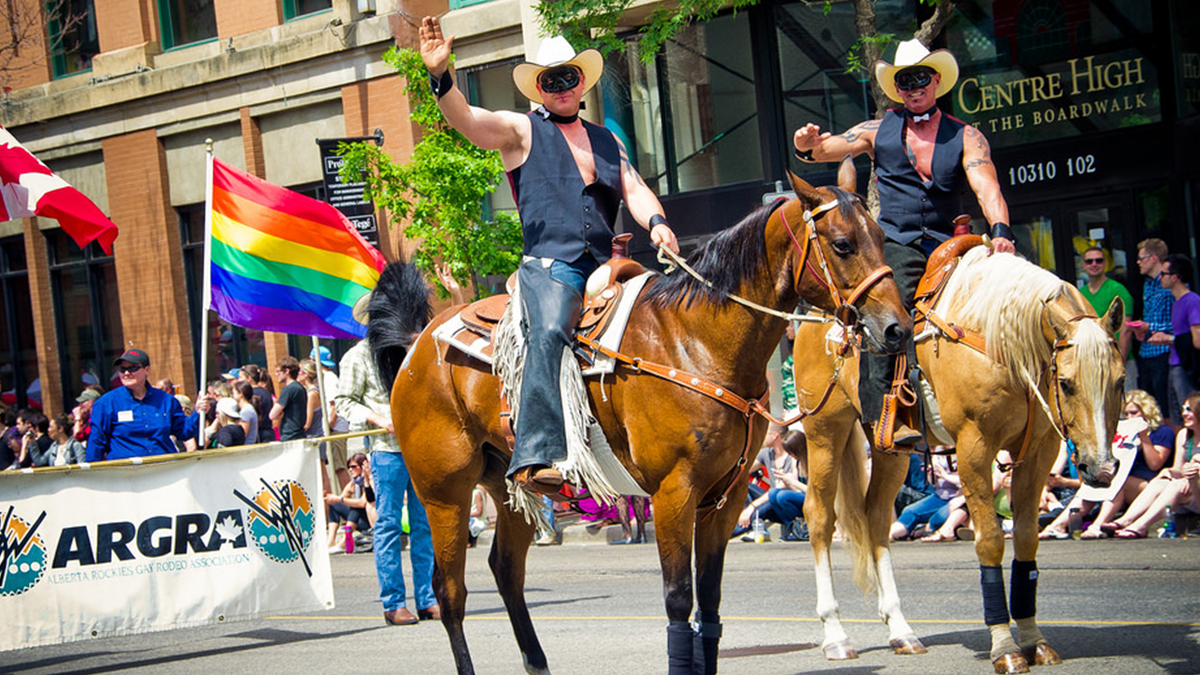 Supplied
SuppliedEdmonton Police Service (EPS) and the local RCMP have chosen to not wear uniforms in the Pride Parade this year. Some queer advocates might see this as a win, a moment where the police have displayed that they’re willing to be receptive and responsive to problems felt by the queer community. Unfortunately, unlike the uniforms of police officers, the trauma felt by some marginalized members of the queer community can’t just be conveniently taken off for the day.
True, the absence of guns, military vehicles, and other symbolic items may ease the anxiety felt by some queer folks, but there are still many for whom the very presence of the police is the problem. As far as compromises go, this one does little to address the fact that formal police participation in the pride parade can force those with traumatic experiences with police officers to relive them. Rather than proving that EPS is engaging with concerns expressed by members of the queer community, this decision shows just how out of touch EPS is with the issue.
Reading this might take you back to when Black Lives Matter Toronto requested that Toronto Pride stop including the police. You might be wondering why police participation at Pride should be affected by concerns of some racialized queers, or why race even matters at all in this context. Firstly, the desire for police to not participate partially stems from the fact that some queer folks, not just racialized queer folks, still have a lot of trauma caused by ongoing discrimination from police officers. This then leads to lower participation in events like Pride because they’re unable to feel comfortable or safe. Secondly, considering that some members of the queer community are racialized and experience compounded discrimination through issues like carding, Pride should be willing to make a statement about those issues rather than simply allowing police participation in the parade and pretending all is well.
I’ve heard it said that police participation in Pride is essential to progress within police forces. I personally find that ridiculous. Positive change seen within police forces isn’t exclusively from participating in Pride, and I would wager it’s neither primarily or significantly so either. The police force has changed because not only has society changed, but we have also actively pushed them to change through outreach and education programs. In comparison, police participation at Pride is more like a gold star, an award for progress.
I find it insane to suggest in this day and age that the police force would become actively more queerphobic because they couldn’t march officially at Pride. However, letting them march in Pride does pass up an opportunity to push them to change.
The long and the short of it is that police participation at Pride actively prevents members of the community from fully engaging in Pride. Besides, it’s not as if police officers can’t just attend Pride as ordinary citizens. Pride should advocate for members of the community that can’t advocate for themselves, and such advocacy includes disinviting the police.

